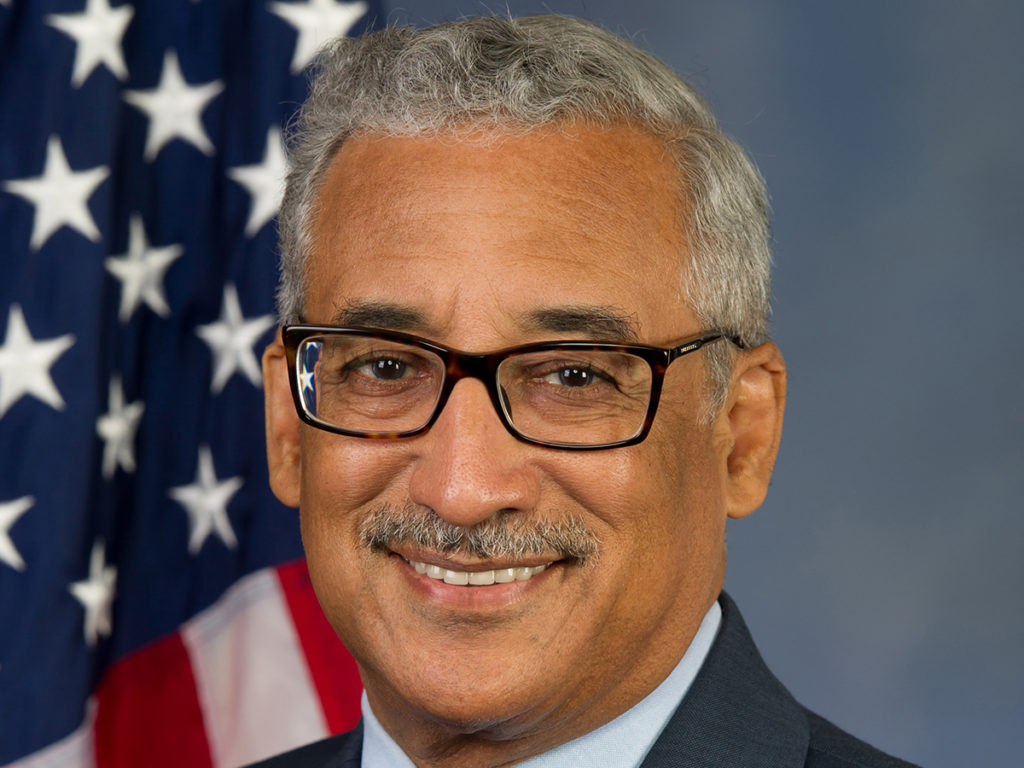Samir Al-Alami is a fourth year in Political Science with a concentration in International Affairs, and a minor in theater, and serves as the Federal Relations Director for the UCR Lobby Corps. Zara Ali is a first-year student majoring in Public Policy and is soon to be the Public Relations Chair for the Muslim Student Association. Mark De Alba is a second-year Political Science major and a Program Advisor for undergraduate students.

March 10, a regular Tuesday at the UCR campus, an email was sent out to the entire population of UCR regarding an update on the coronavirus.
The school administration had decided that it would be best for the campus to begin transitioning online, to hold finals and classes online until April 3. That statement was quickly redacted as on March 16, the entire campus was going online for the entirety of spring quarter.
That meant every single on-campus event was canceled ranging from Spring Splash to the UCDC internship which students like me relied on to start my career. They had been canceled in regards to campus safety but lacked regard for any student input or statement before making such drastic changes to the campus. The atmosphere of uncertainty and fear of what was going to happen next regarding their college education is a huge burden that students had to undertake.
Our legislators, seeing the global pandemic arriving in America, instead of passing a bill that would endeavor to resolve inequities students face as they head home to their families, instead passed the CARES Act, a band-aid solution at best to the inequality of student experiences nationwide.
The CARES Act was the stimulus package passed by Congress in late March of 2020. The bill gives subsidies, bailouts and loans to certain industries that have been impacted by the COVID-19 outbreak like the tourism sector. Additionally, the bill authorizes the IRS to send checks to Americans using taxation information from the 2018 and 2019 fiscal years, providing relief to families. The law also provides a raft of money to states and localities struggling under budgetary constraints to keep a balanced budget. Upon first glance, this seems like needed relief to Americans. However, this bill does little to help students for a few different reasons. Firstly, if parents filed you as a dependent in either of the two taxation years, you would be rendered ineligible for checks from the IRS, rendering it harder for students to find monetary relief, which punishes students, and secondly, the allocations to universities across California is not nearly enough to provide schools with the resources needed to connect students to online resources, exacerbating the inequities a campus like ours faces.
Legislators do have a chance to rectify the bailouts given to corporations without regard to students down on their luck through their support of the Supporting Students in Response to the Coronavirus Act, proposed by Chairman Bobby Scott on the Education and Workforce Committee in Congress. This bill will empower our students by putting their concerns to the forefront, like providing relief for rent burdened and unemployed students through providing an emergency grant without repayment. The bill will also waive limits for the Pell Grant, which will be a big help to our students, 51% of whom are currently getting needed support as well as waive limits on Federal Student Loans and their repayment for the duration of the crisis. Lastly, the bill will provide more critical aid to campuses like ours, which are struggling mightily to provide basic services to our campuses like devices for undergraduates struggling to connect on to Zoom. Garnering the support of our elected officials to pass this into law may not solve all of our issues as students, and there are yet still deficits with this legislation, but it is a critical first step to stop the bleeding and pass a law putting struggling students first.








